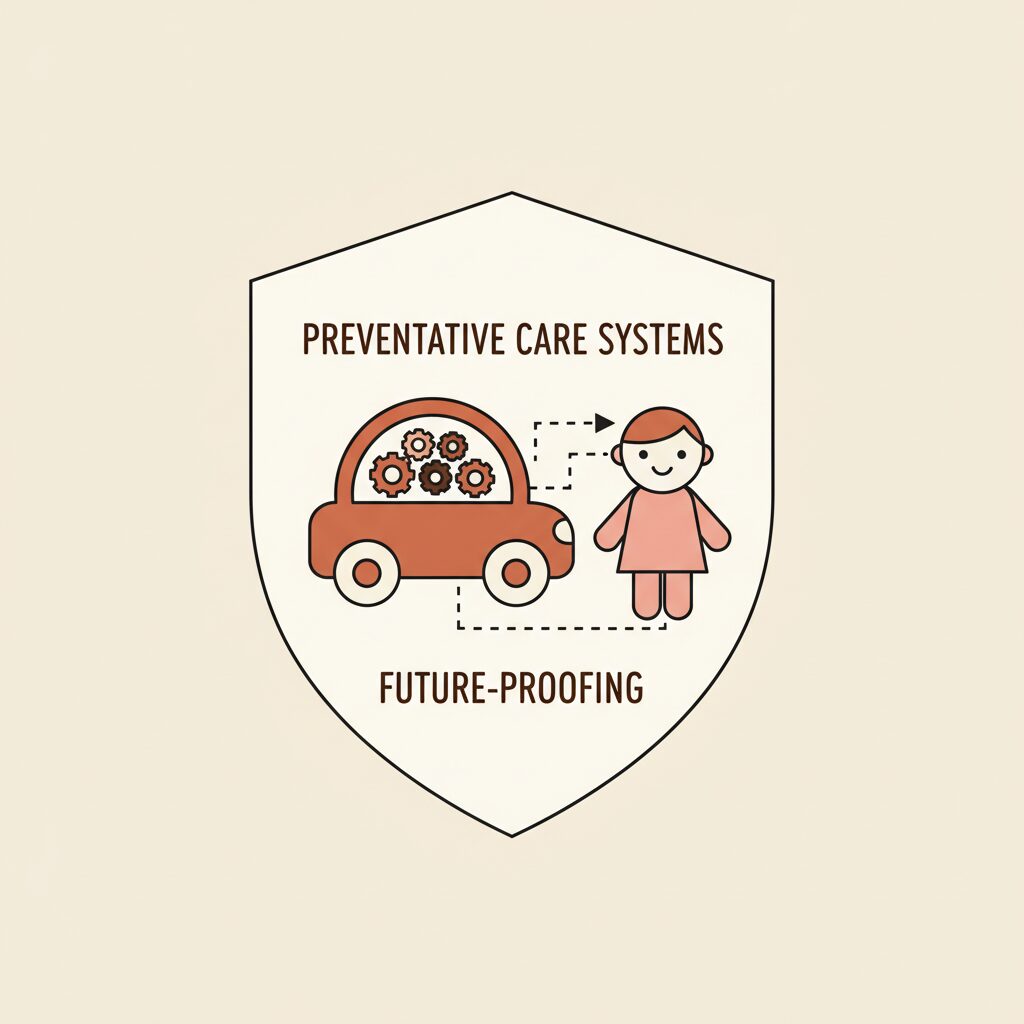
You know that sinking feeling when your car shudders during the morning school run? Geotab’s AI spots truck troubles before they become disasters—and it’s got me thinking about how we raise kids in a world full of unexpected bumps. Just as these systems learn to prevent roadside breakdowns, we can teach our little ones to navigate life’s detours with confidence.
How AI Co-Pilots Prevent Parenting Panic Attacks
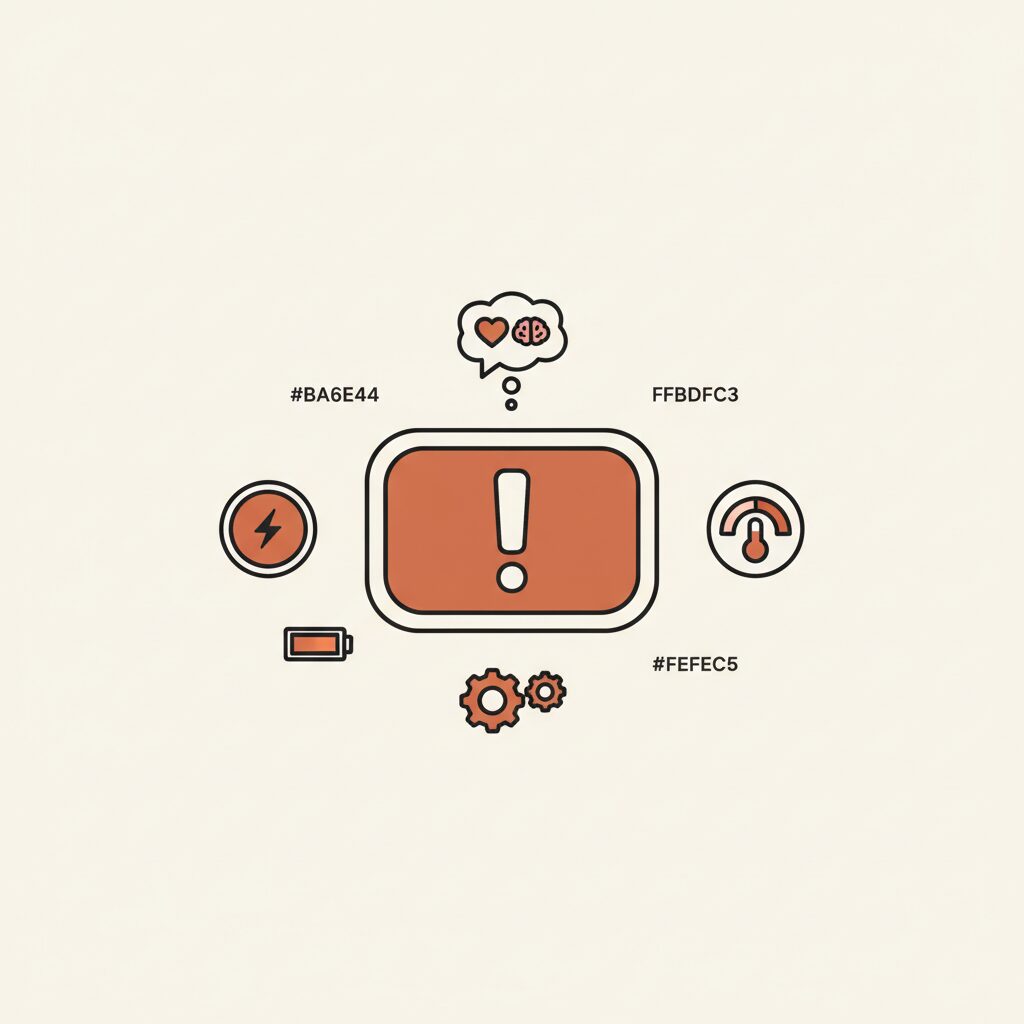
Imagine a truck’s computer noticing a tiny dip in battery voltage—days before it leaves you stranded. That’s Geotab’s tech magic at work. Their system listens to over 100 vehicle sensors like a super-attentive mechanic, catching issues like clogged filters or tired batteries that could cost hundreds in emergency repairs. Partnering with Uptake, they’ve slashed breakdowns by 70%. It’s not just about trucks though—it’s about catching small stumbles before they become falls. That “check engine” light moment? We parents live it daily—the hint of a sniffle before a full cold, the split-second frown before tears.
How AI Fleet Safety Transforms Family Road Experiences
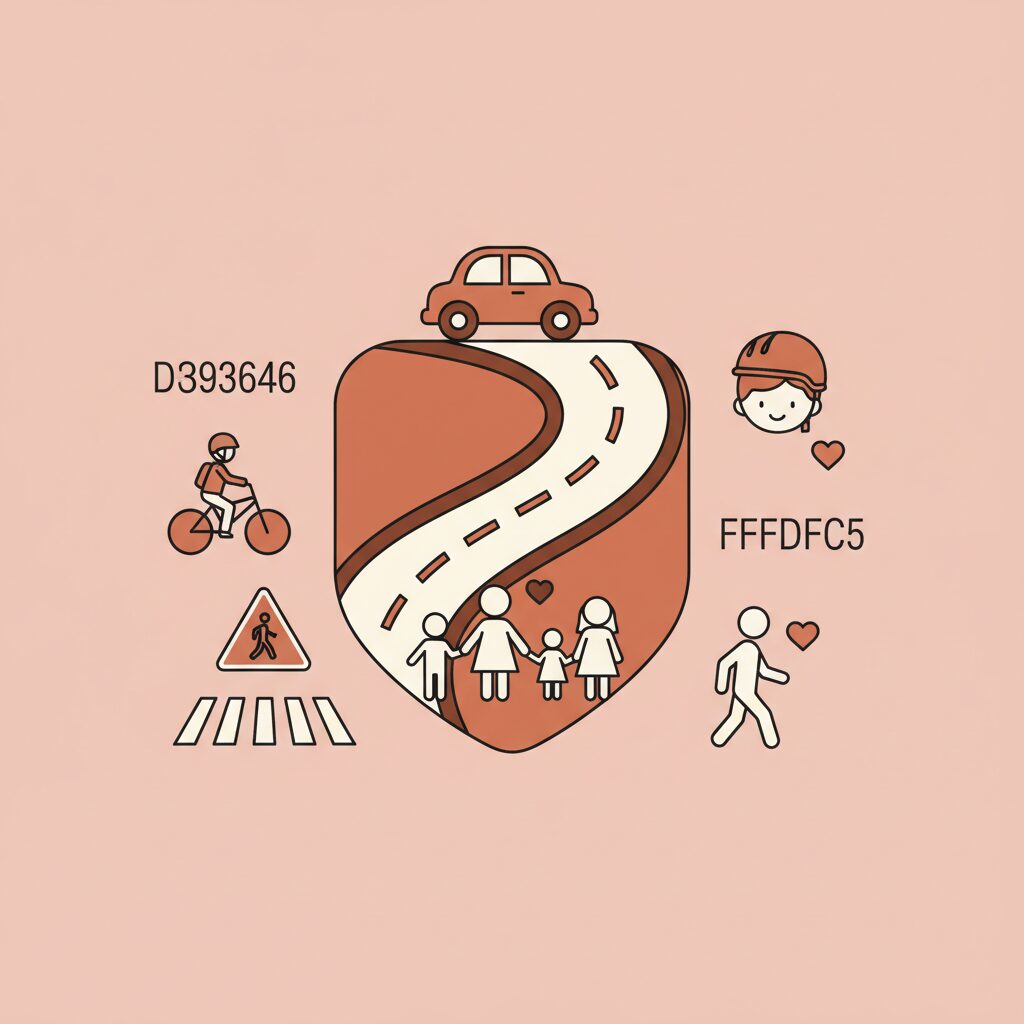
What’s this got to do with minivans? Everything. Fewer broken-down trucks mean safer streets for kids biking to school. But the real game-changer is how it shifts our mindset. When tech anticipates problems (like Geotab’s AI spotting weird engine vibrations), it becomes a quiet guardian—freeing us to focus on what matters. Remember doubting backup cameras? Now we can’t imagine driving without them. Soon, real-time alerts about tire health will feel just as normal. The beauty? More headspace for family singalongs during commutes instead of white-knuckling the steering wheel!
How to Develop Your Child’s Predictive Maintenance Superpower

Here’s where parenting parallels kick in. Geotab’s tech thrives on spotting micro-signals—a tiny temperature blip, a slight voltage drop. Sound familiar? It’s like noticing your kid rubbing their eyes after school or that unusually quiet “fine” when asked about their day. Those are our early-warning lights. The trick is responding gently—“Seem tired? Want to tackle that project after a snack?”—before small glitches become meltdowns. Try this tonight: During bath time, ask “What felt bumpy today?” You’ll catch those whispers before they become shouts.
How to Raise Kids Who Collaborate with Tech (Not Depend On It)
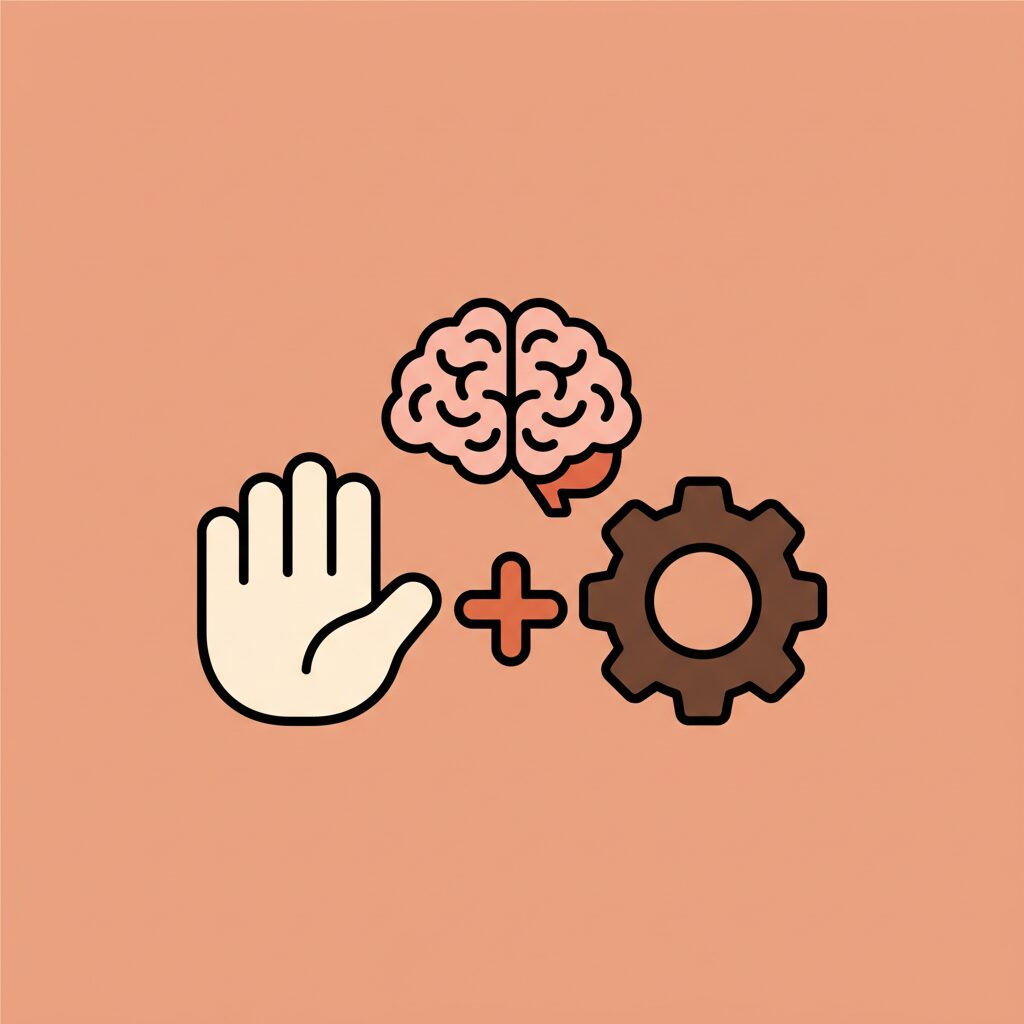
Our kids will navigate a world where AI suggests faster routes and predicts potholes. How we frame this matters. When GPS reroutes around traffic, don’t just say “The app knows best.” Try: “It spotted slowdowns ahead—but we still decide if parks or grocery stores fit our adventure!” That teaches tech as teammate, not boss. My neighbor nails it—when their van suggested a detour, her son heard: “It saw rain coming, but we check the skies too.” That’s the sweet spot: tools that support without overriding human judgment.
What Small Shifts Create Smoother Family Rides?
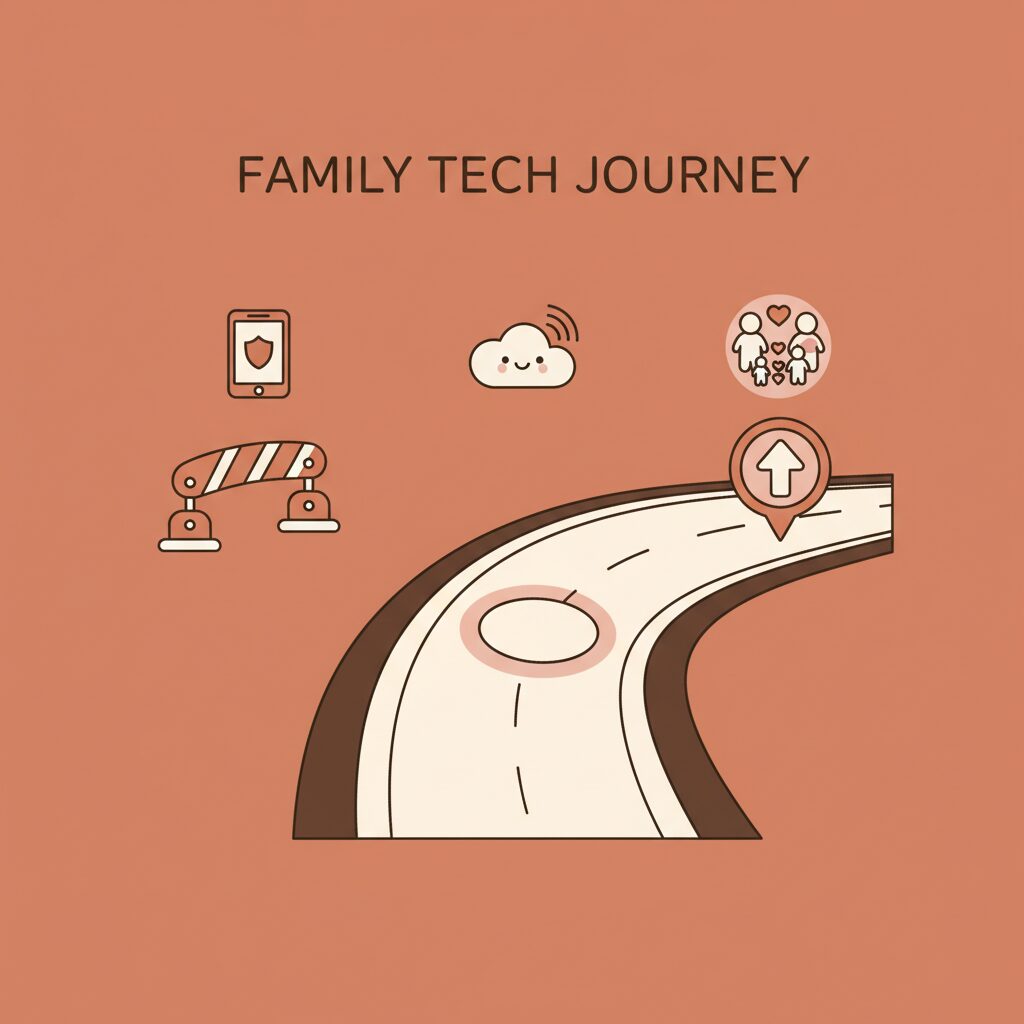
Ready to shift gears? Start simple: Next drive, celebrate one safety feature (“Seatbelts locked? You’re wearing superhero armor!”). If GPS glitches, laugh together (“Looks like we’re the captains now!”). Most importantly—model calm when hiccups happen. If the car sputters, avoid panic. Try: “First, we pull over safe. Then we call for help—just like we practice for thunderstorms.” Even that rogue snack bag rolling in the trunk becomes a lesson: “Things shake loose sometimes—good thing we pack backups!”
